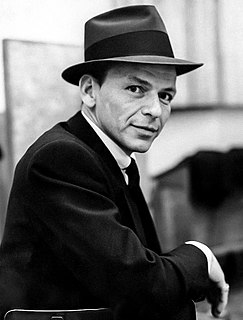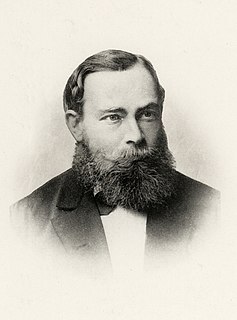A Quote by Malcolm Muggeridge
Animistic savages prostrating themselves before a painted stone have always seemed to me to be nearer the truth than any Einstein or Bertrand Russell.
Related Quotes
I believe in you and me. I'm like Albert Schweitzer and Bertrand Russell and Albert Einstein in that I have a respect for life -- in any form. I believe in nature, in the birds, the sea, the sky, in everything I can see or that there is real evidence for. If these things are what you mean by God, then I believe in God. But I don't believe in a personal God to whom I look for comfort or for a natural on the next roll of the dice.
Wasn't it Bertrand Russell who used the phrase 'The superior virtue of the oppressed'? There is always this temptation amongst people that see themselves as progressive, and on the side of the weak. They demonize the powerful, but over-romanticize the weak. I think we should recognize that. If you take seriously the idea that people are always going to use truth claims as a means of powering their own agenda, that is going to happen whether you're weak or powerful.
Philosopher Bertrand Russell suggested that 'Men are born ignorant, not stupid. They are made stupid by education.' And, it was Albert Einstein who explained, 'Insanity: doing the same thing over and over again and expecting different results.' So which is it - stupidity, ignorance or insanity - that explains the behavior of my fellow Americans who call for greater government involvement in our lives?
Russell's prose has been compared by T.S. Eliot to that of David Hume's. I would rank it higher, for it had more color, juice, and humor. But to be lucid, exciting and profound in the main body of one's work is a combination of virtues given to few philosophers. Bertrand Russell has achieved immortality by his philosophical writings.
The heroes and discoverers have found true more than was previously believed, only when they were expecting and dreaming of something more than their contemporaries dreamed of, or even themselves discovered, that is, when they were in a frame of mind fitted to behold the truth. Referred to the world's standard, they are always insane. Even savages have indirectly surmised as much.
Einstein and the Quantum is delightful to read, with numerous historical details that were new to me and cham1ing vignettes of Einstein and his colleagues. By avoiding mathematics, Stone makes his book accessible to general readers, but even physicists who are well versed in Einstein and his physics are likely to find new insights into the most remarkable mind of the modern era.































